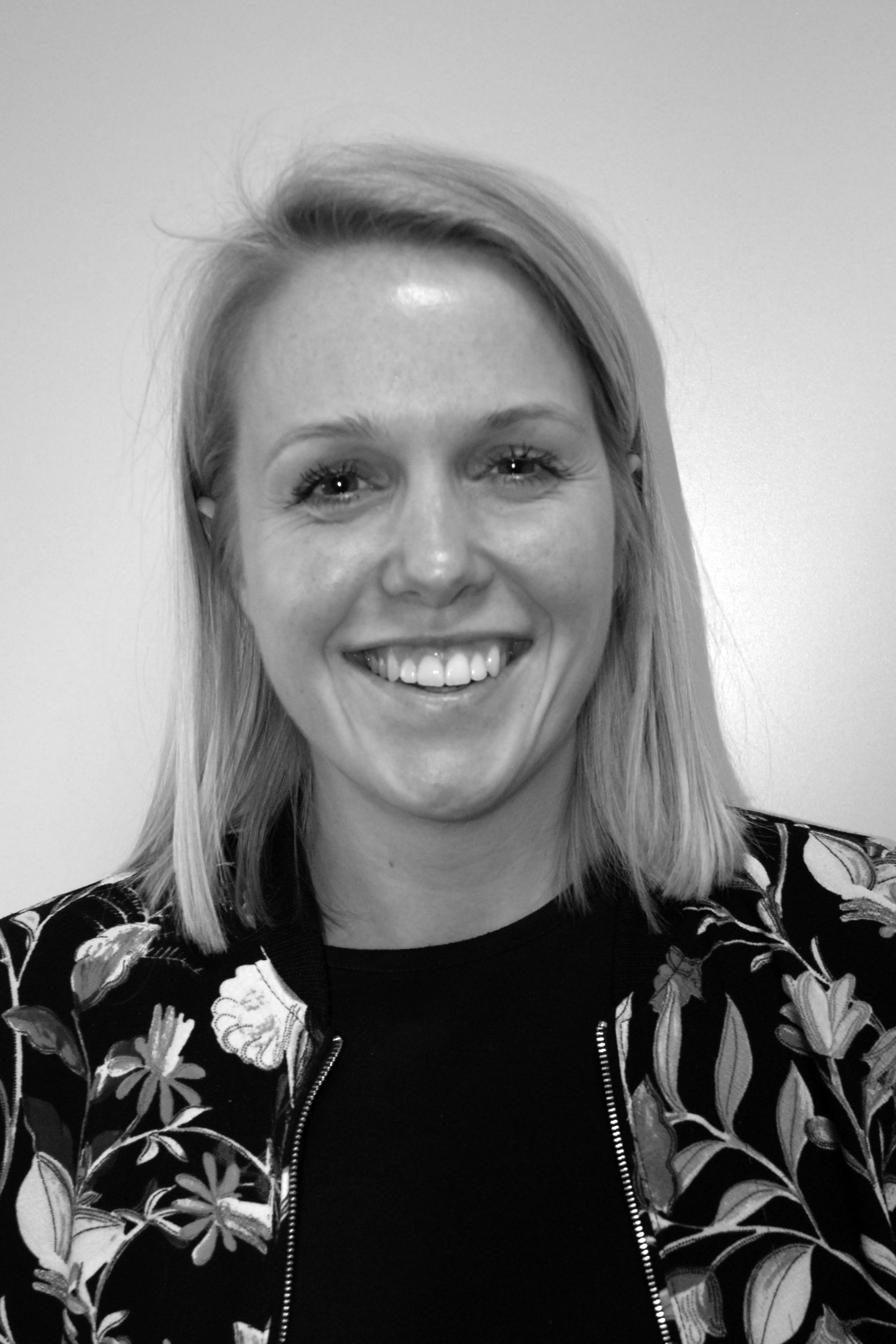A Ph.D. Dream
– The path to becoming a test-ban expert
Young Professionals member, Annie Jerkins (28) from Norway, is currently pursuing a Ph.D. at the University of Oslo about seismicity in the North Sea. We talked to her about the research process and life as a young Ph.D. student.
Improved understanding of seismicity in the North Sea
Annie Jerkins has a master’s degree from the University of Bergen focusing on earthquake seismology, ray tracing, and geothermal energy. Throughout the years she has practiced seismic interpretation at various summer internships in oil and gas companies, as well as an internship in the Netherlands concentrating on geothermal energy. Since graduation, she has been working at NORSAR as a seismologist.
Many of you already know Annie Jerkins from The Young Professional’s Network (YPN). She is one of the founding members and used to coordinate the network for a long time. Annie Jerkins has also participated in Working Group B, the CTBT Innovation Challenge 2019, and the NDC Preparedness Exercise.
For the next three years, Annie will devote a lot of time to her Ph.D. dream. This will give her valuable competence within seismology – one of the main detection technologies in the CTBT verification regime, and an expertise that is extremely important to detect a nuclear explosion.
Annie explained that a Ph.D. is essential if you would like to have a career as a researcher. “This was my main motivation. I would also like to take my research to the next level by improving my writing skills and scientific competencies,” Annie said. Annie’s Ph.D. research topic is “Improved Understanding of Seismicity in the North Sea.” She chose her research topic because of her passion for regional earthquake seismology.
“I would like to integrate array seismology into several parts of my project, which is important when working at a national data centre that specializes within seismology,” she added.

Quantifying risks and hazards
The Ph.D. is conducted as a part of the NNSN (Norwegian National Seismic Network) project. Getting a better overview of the intraplate earthquakes in the North Sea can assist in quantifying risks and hazards and contribute to distinguishing natural events from those induced by the hydrocarbon industry. Besides, it can result in improved insight on intraplate earthquakes, a phenomenon that is still poorly understood.
“CO2 storage offshore in Norway is also receiving increased attention. Mapping seismicity and active faults is critical in CO2 storage projects to avoid serious leakages,” Annie emphasized.
Jerkins is still at the very beginning of the research process. She is currently working on improving locations and testing accuracy of small magnitude events in the North Sea.
“The North Sea is filled with undetonated mines from the Second World War. Occasionally, the army detonates some of these explosions under controlled circumstances to avoid and reduce risks for marine operations in the area. Nine detonations were conducted this summer. As the Army notes the exact location and time of the explosions, they can be used as ground truth events. I will use these ground truth events to test location accuracy and improving the velocity model for the North Sea. Hopefully, this study will result in my first Ph.D. paper. I am also taking a mandatory ethics class this semester.”
Life as a Ph.D. student
According to Annie, you face several challenges when pursuing a degree at doctoral level. After a pause for thought, she said “The main challenge is perhaps that you have to conduct research that has not been done previously. Luckily, life as a Ph.D. student is very flexible.”
“A Ph.D. requires a lot of work. I am so lucky to have many experienced people around me at NORSAR that can advise me along the way. Since I studied in Bergen before, I hope that the Ph.D. could give me a chance to build a scientific network at the University of Oslo, which might benefit me in the future,” Annie explained.
Finally, we asked Annie if she has some advice for other Young Professionals who would like to pursue a Ph.D.
“Do it! Especially if you would like to engage in a career as a researcher. Having a solid background within science is extremely valuable when working with CTBT related issues.”